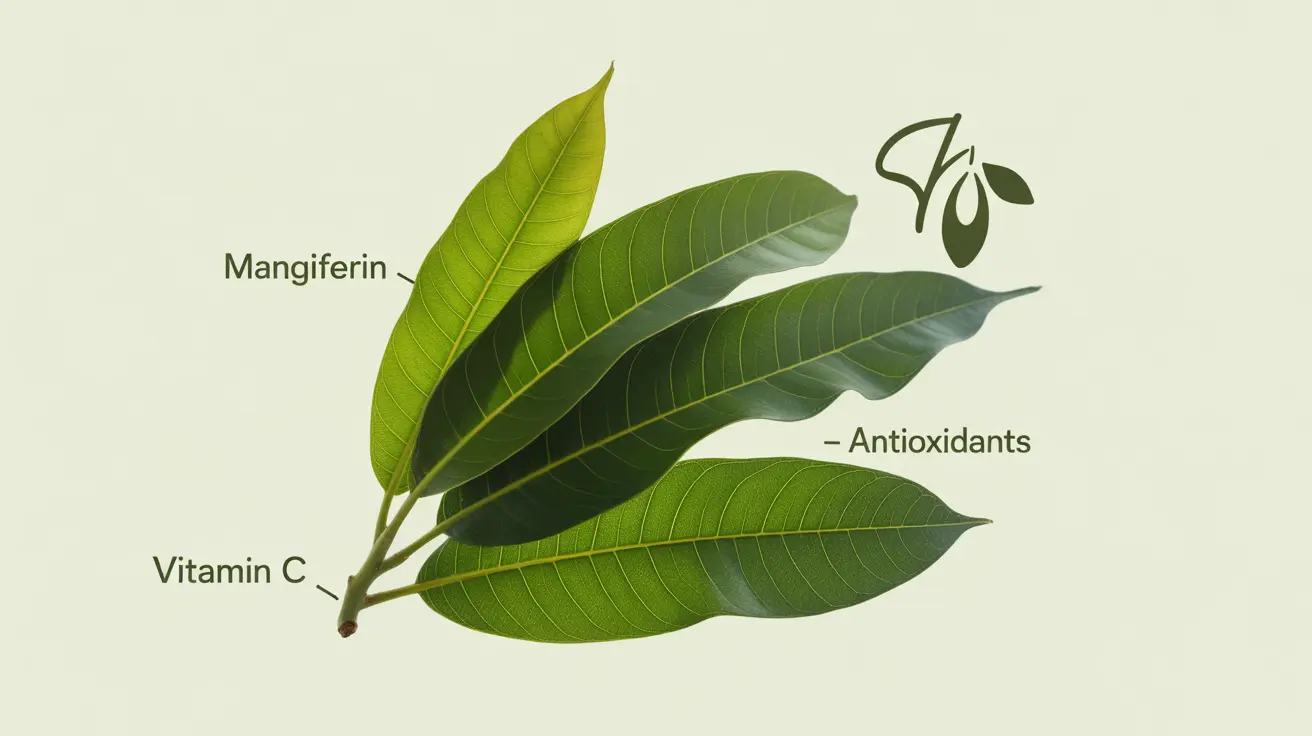Adopting a vegan diet has become increasingly popular, not just as an ethical choice but as a pathway to improved health and wellbeing. This plant-based eating approach eliminates all animal products, focusing instead on fruits, vegetables, legumes, whole grains, nuts, and seeds. Understanding the comprehensive benefits of a vegan diet can help you make an informed decision about whether this lifestyle change might be right for you.
Understanding the Vegan Diet Fundamentals
A vegan diet consists exclusively of plant-based foods, excluding all animal products including meat, dairy, eggs, and honey. This dietary approach emphasizes whole, nutrient-rich foods that can provide numerous health benefits when properly planned and executed.
Heart Health Benefits
One of the most significant benefits of a vegan diet is its positive impact on cardiovascular health. Plant-based diets are naturally lower in saturated fats and typically higher in fiber, which can help reduce cholesterol levels and blood pressure.
Key Heart-Healthy Vegan Foods
- Oats and whole grains
- Leafy green vegetables
- Berries and citrus fruits
- Nuts and seeds
- Legumes and pulses
Blood Sugar Management and Diabetes Prevention
A well-structured vegan diet can be particularly beneficial for blood sugar control. The high fiber content and abundance of complex carbohydrates help regulate blood glucose levels more effectively than traditional diets high in processed foods.
Research suggests that those following a vegan diet have a significantly lower risk of developing type 2 diabetes, largely due to improved insulin sensitivity and reduced inflammation.
Weight Management and Body Composition
Vegan diets typically contain fewer calories per volume of food, making it easier to maintain a healthy weight. The high fiber content of plant-based foods promotes satiety, helping to prevent overeating while providing sustained energy throughout the day.
Effective Weight Management Strategies
- Focus on whole, unprocessed foods
- Include protein-rich plant foods at every meal
- Practice mindful portion control
- Incorporate healthy fats from nuts and avocados
Essential Nutritional Considerations
While a vegan diet can be incredibly healthy, proper planning is crucial to ensure all nutritional needs are met. Several nutrients require special attention:
Critical Nutrients to Monitor
- Vitamin B12 (supplementation typically necessary)
- Iron (from leafy greens and legumes)
- Calcium (from fortified foods and leafy greens)
- Omega-3 fatty acids (from flaxseeds and walnuts)
- Protein (from legumes, quinoa, and plant-based proteins)
Frequently Asked Questions
What are the health benefits of switching to a vegan diet from a traditional omnivorous diet?
Switching to a vegan diet can lead to lower cholesterol levels, reduced blood pressure, decreased risk of heart disease, better weight management, and improved digestion. Many people also report increased energy levels and better skin health after transitioning to a vegan diet.
How does a well-planned vegan diet help manage blood sugar levels and reduce the risk of type 2 diabetes?
A vegan diet typically contains more fiber and complex carbohydrates, which slow down sugar absorption and help maintain steady blood glucose levels. The high antioxidant content and lower saturated fat intake also contribute to improved insulin sensitivity and reduced inflammation.
What are some key nutritional considerations when transitioning to a vegan lifestyle, especially regarding vitamin B12 and calcium intake?
When transitioning to a vegan diet, it's essential to ensure adequate intake of vitamin B12 through supplementation or fortified foods. Calcium can be obtained from fortified plant milk, leafy greens, and calcium-set tofu. Regular blood work and consultation with a healthcare provider can help monitor nutrient levels.
Can a vegan diet aid in weight loss, and what are some practical tips for maintaining a healthy weight on this diet?
Yes, a vegan diet can support weight loss due to its typically lower calorie density and higher fiber content. To maintain a healthy weight, focus on whole foods, include plenty of protein-rich plants, practice portion control, and ensure adequate intake of healthy fats.
How does a vegan diet impact heart health compared to other diets, and what are the specific foods that contribute to these benefits?
A vegan diet typically results in lower blood pressure and cholesterol levels compared to other diets. Heart-healthy vegan foods include oats, nuts, seeds, legumes, and plenty of fruits and vegetables. These foods are rich in fiber, antioxidants, and heart-protective compounds while being naturally low in saturated fat.




